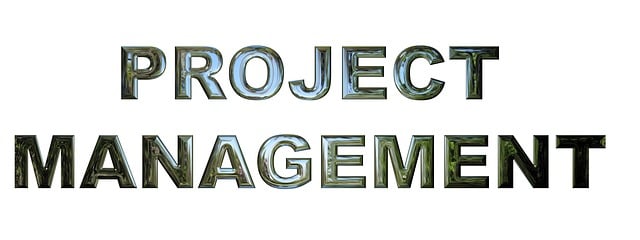In real estate, effective lease agreements and efficient rent collection are vital for success. By reviewing key terms, implementing digital payments, fostering communication, offering incentives, and understanding local tenancy laws, landlords and tenants can ensure transparency, trust, and adherence to agreements, minimizing disputes and maximizing financial stability.
In the dynamic landscape of real estate, effective rent collection and lease enforcement are cornerstones of successful property management. This article guides real estate owners through a comprehensive approach to navigating lease agreements, from understanding key terms and conditions to implementing efficient rent collection strategies. Additionally, it delves into legal enforcement methods for resolving lease breaches and disputes, ensuring a smooth and profitable rental experience.
Understand Lease Agreements: Key Terms and Conditions

Understanding lease agreements is crucial in the real estate sector. Before collecting rent or enforcing any terms, landlords and tenants must be familiar with the key terms and conditions outlined in the lease document. This includes clauses related to rental amount, payment due dates, duration of tenancy, maintenance responsibilities, and procedures for addressing violations or disputes.
Knowledgeable landlords can ensure a smooth rental experience by clearly communicating these stipulations to tenants. Transparency builds trust and reduces potential conflicts down the line. Familiarity with lease agreements also enables efficient collection of rent, as both parties understand their obligations, fostering a harmonious real estate transaction.
Efficient Rent Collection Strategies for Real Estate Owners

Efficient rent collection is a cornerstone of successful real estate investment, ensuring property owners receive timely payments for their assets. One strategic approach involves implementing digital payment systems, allowing tenants to pay via online platforms or mobile apps. This method enhances convenience and encourages punctuality by eliminating the need for physical checks or cash. Additionally, setting up automatic reminders and due dates through these systems can significantly reduce late payments.
Another effective strategy is maintaining open lines of communication with tenants. Regularly reviewing lease agreements and clearly outlining payment terms can foster a sense of accountability. Property managers should also consider offering incentives for early payments, such as minor discounts or other perks, which can motivate tenants to adhere to their financial obligations promptly.
Legal Enforcement: Resolving Lease Breaches and Disputes

In the real estate sector, ensuring timely rent collection and upholding lease agreements are vital for maintaining a stable and profitable business. Legal enforcement plays a crucial role in resolving lease breaches and disputes that may arise between landlords and tenants. When a tenant fails to pay rent or violates other terms of the lease, landlords have legal remedies available to them. These can include issuing notices, such as a three-day pay-or-quit notice for non-payment, and taking legal action if the breach persists.
The process typically involves filing a lawsuit in court, where both parties present their arguments and evidence. A judge will then render a decision based on the merits of the case. This can result in eviction, monetary damages, or other remedies designed to protect the landlord’s interests. Knowledge of local tenancy laws and the ability to navigate this legal process effectively are essential for real estate professionals to safeguard their investments and maintain a positive cash flow.






